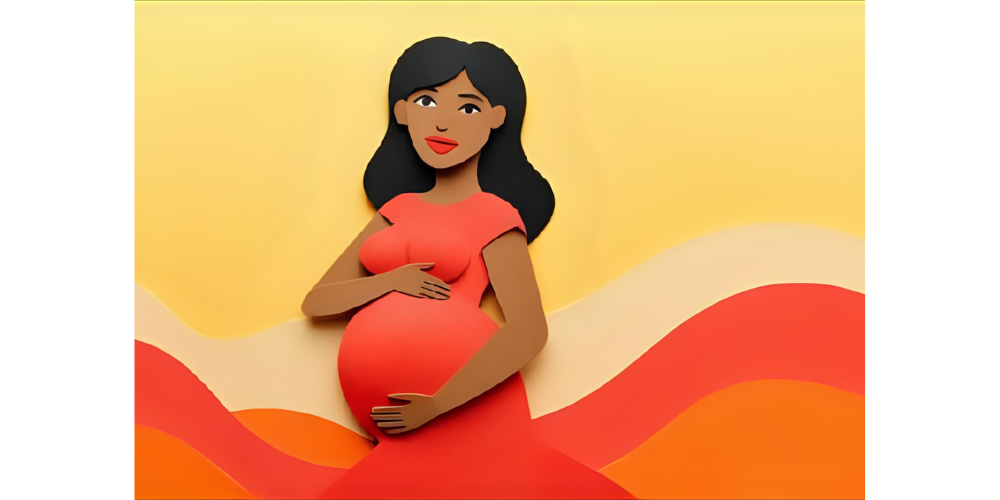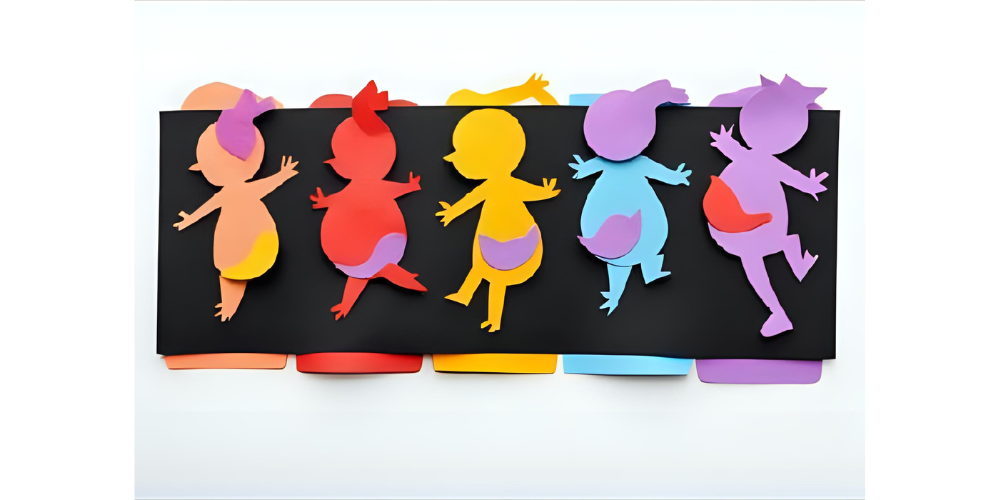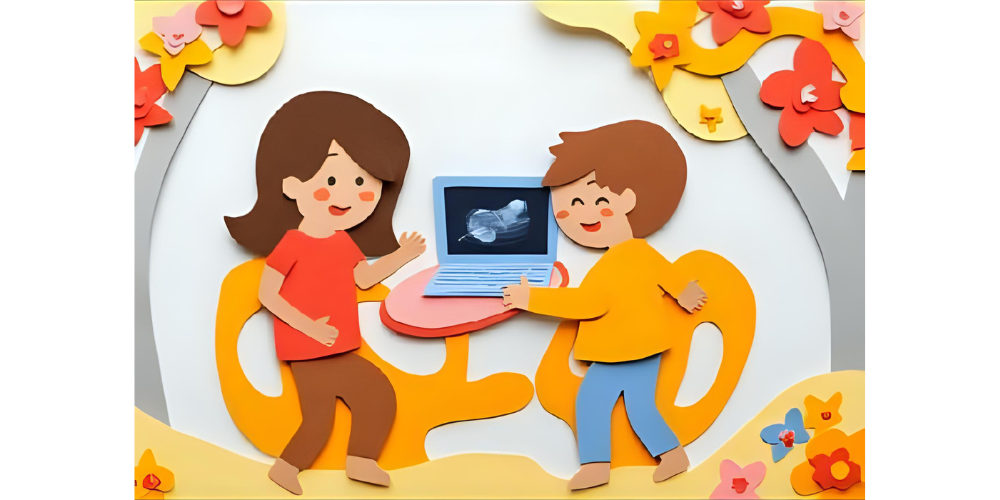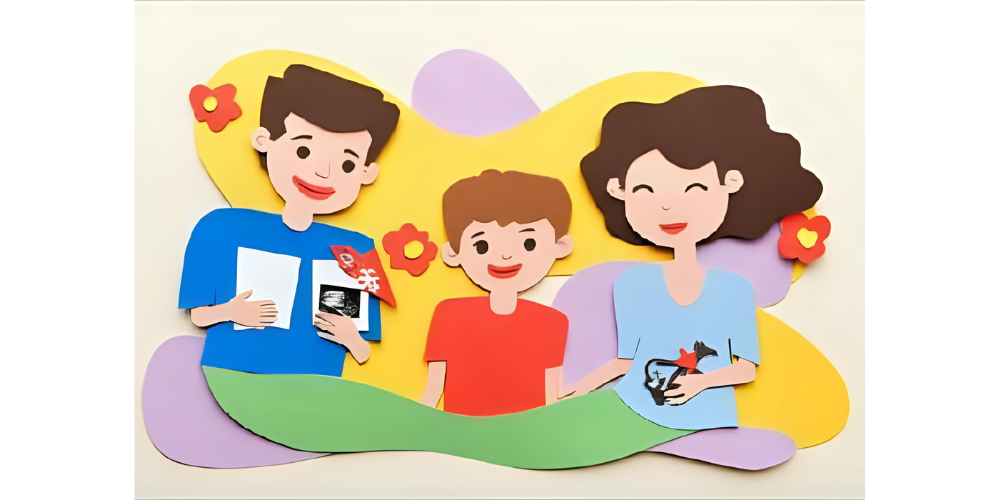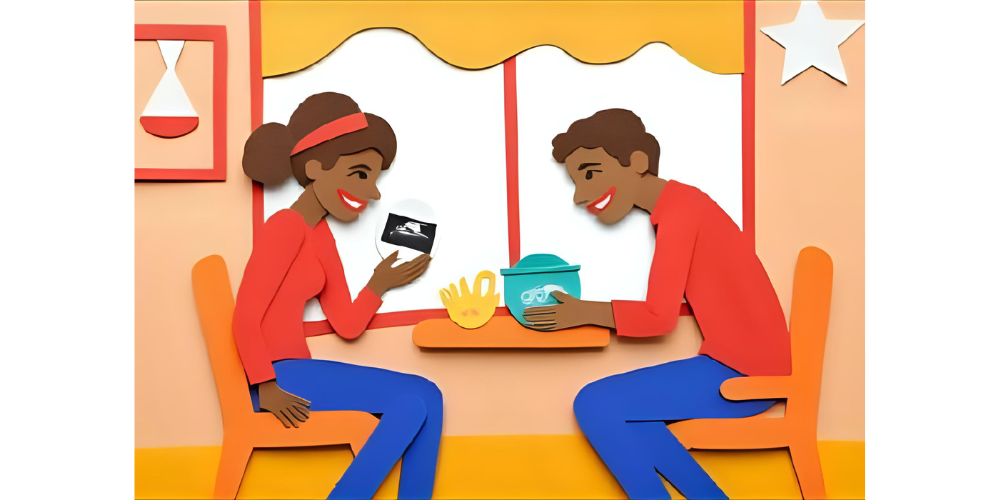Amazing Facts About Baby Movement: When and Why Babies Kick
Category: Fun Facts & Educational Content
There's nothing quite like that first flutter you feel in your belly - that magical moment when you realize your little one is saying their first "hello" from the inside. If you're a first-time mom here in Brevard County, you might be wondering when those kicks will start, why they happen, or what all those different movements actually mean. Whether this is your first pregnancy or you're adding to your growing family, every baby's movement pattern is as unique as they are, and each experience brings its own special moments of wonder.
Let's dive into some truly amazing facts about baby movement that will help you understand and celebrate every kick, roll, and wiggle your little one shares with you.
When Do Babies Actually Start Moving?
Here's something that might surprise you - your baby starts moving much earlier than you can feel! Around 7-8 weeks of pregnancy, your tiny one is already beginning to make their first movements. These early motions are more like gentle stretches and position changes as they grow in their cozy space.
But when it comes to feeling those movements, that's a different timeline altogether. First-time moms typically feel their baby's movements between 18-22 weeks, while moms who've been through pregnancy before might notice them as early as 16 weeks. This difference happens because experienced moms already know what to look for - they can distinguish between baby kicks and other sensations like gas or muscle twitches.
Those first movements often feel like gentle bubbles, flutters, or even like a fish swimming in your belly. Some moms describe it as feeling like popcorn popping or butterfly wings. Don't worry if you haven't felt anything yet - every pregnancy is different, and factors like your placenta's position can affect when you first notice those precious movements.
The Science Behind Why Babies Move
Your baby isn't just randomly moving around in there - every kick, stretch, and roll serves an important purpose in their development. Movement helps your little one build muscle strength, develop coordination, and even promote healthy bone growth. It's like they're doing their own little workout routine!
One of the most fascinating aspects of baby movement is how it relates to brain development. When your baby moves, they're actually creating neural pathways that will help them learn to control their body after birth. Each kick is literally helping them prepare for life outside the womb.
Babies also move in response to your activities and emotions. They might become more active when you're resting (which is why you often feel more kicks at night), or they might respond to sounds, lights, or even your stress levels. Some babies seem to have dance parties when mom eats something sweet - they're responding to the change in blood sugar!
What Different Types of Movement Mean
As your pregnancy progresses, you'll notice that your baby's movements become more varied and distinct. Here's what those different sensations typically indicate:
Gentle rolls and stretches usually happen when your baby is changing positions or getting comfortable. These slower movements often feel like waves across your belly.
Sharp, quick kicks are signs of an active, healthy baby. These movements show that your little one is developing strong muscles and good reflexes.
Rhythmic movements that feel like hiccups (because they probably are!) indicate that your baby's diaphragm is developing properly. Baby hiccups are completely normal and actually a good sign.
Sudden, strong movements might happen when your baby is startled by a loud noise or when they're particularly active during their wakeful periods.
How Movement Patterns Change Throughout Pregnancy
During your second trimester (around 18-26 weeks), you'll experience some of the most delightful movement patterns. This is when many moms fall in love with feeling their baby move - the kicks are strong enough to feel clearly but gentle enough to be purely enjoyable. It's the perfect time to start documenting these precious moments, perhaps with our Watch Me Grow! ultrasound package that captures your baby's development during this magical stage.
As you move into your third trimester (27+ weeks), your baby's movements might feel different but no less amazing. With less space to move around, you'll feel more stretches and rolls rather than sharp kicks. Your baby might push against your ribs or give you a gentle elbow to the side. These movements can be more intense, but they're signs of a growing, healthy baby who's getting ready to meet you.
This later stage is when our Meet Your Baby! sessions become especially meaningful. You can actually see your baby's movements on the screen in stunning 4D detail, watching them stretch, yawn, or even suck their thumb. Many families here in Melbourne and Palm Bay tell us that seeing these movements during their ultrasound makes them feel even more connected to their little one.
Creating Special Moments with Baby Movement
One of the most wonderful aspects of baby movement is how it creates opportunities for bonding - not just with mom, but with partners, grandparents, and siblings too. When your baby starts moving regularly, you can begin to notice patterns. Some babies are more active in the morning, while others prefer evening dance sessions.
Try talking or singing to your baby when they're active - many babies respond to familiar voices with increased movement. Playing gentle music can also encourage movement, creating beautiful moments of connection. Some families make it a nightly ritual to spend time feeling for kicks together, creating memories that last long after baby arrives.
When to Pay Attention to Movement Changes
While every baby has their own movement pattern, it's important to get to know what's normal for your little one. Most babies develop a fairly predictable pattern of active and quiet periods. Generally, you should feel your baby move at least 10 times in a 2-hour period during their active times.
If you notice a significant decrease in movement, don't hesitate to contact your healthcare provider. Trust your instincts - you know your baby better than anyone else. Most of the time, decreased movement is simply because the baby is having a sleepy day or has moved into a different position, but it's always worth checking.
Here in Brevard County, we're fortunate to have excellent healthcare providers who understand the importance of monitoring baby movement. Never feel embarrassed about calling if you have concerns - your peace of mind is worth it.
Celebrating Every Movement
As your pregnancy journey unfolds, remember that every movement is a small miracle. Each kick, roll, and stretch is your baby's way of saying "I'm here, I'm growing, and I can't wait to meet you." These movements are precious communications between you and your little one, creating bonds that will last a lifetime.
Whether you're experiencing your first pregnancy or welcoming another little blessing to your family, take time to savor these special moments. Rest your hands on your belly, talk to your baby, and enjoy this unique time when you're truly never alone.
The movement you feel today is preparing your baby for all the wonderful movements they'll make in your arms tomorrow - reaching for you, grasping your finger, and eventually taking their first steps. Every kick is a step toward that magical moment when you'll finally meet face to face.
Feel Every Kick and Movement in Stunning Detail
Ready to see your baby's amazing movements in action? Our 4D ultrasound sessions let you witness every stretch, kick, and adorable yawn in incredible detail. Whether you're documenting your baby's growth journey or preparing for that special meeting, we're here to help you create magical memories that will last a lifetime.
Feel every kick and movement in stunning detail with our 4D ultrasound sessions! Contact Baby Fairytale today to schedule your appointment and experience the wonder of seeing your active little one. Call us or visit our studio - we can't wait to share in this incredible journey with you and your family.

